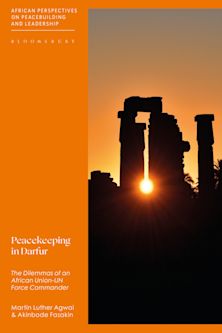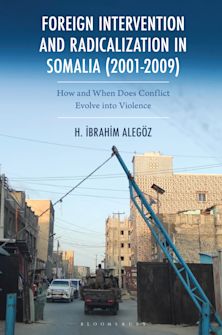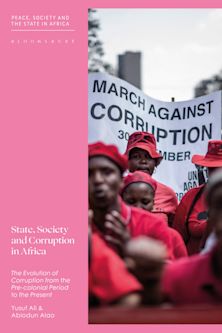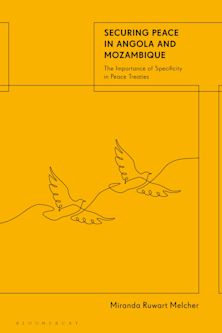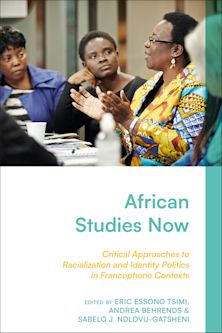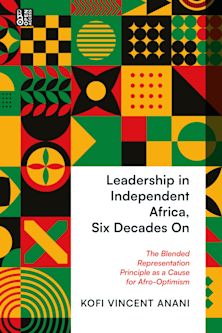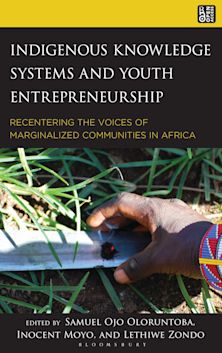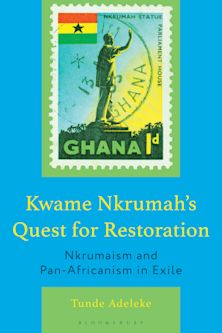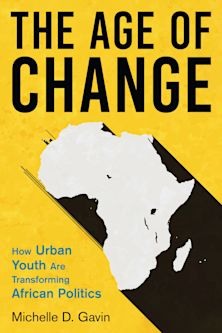Description
Nigeria, the United States’ most important strategic partner in West Africa, is in grave trouble. While Nigerians often claim they are masters of dancing on the brink without falling off, the disastrous administration of President Goodluck Jonathan, the radical Islamic insurrection Boko Haram, and escalating violence in the delta and the north may finally provide the impetus that pushes it into the abyss of state failure.
In this thoroughly updated edition, John Campbellexplores Nigeria’s post-colonial history and presents a nuanced explanation of the events and conditions that have carried this complex, dynamic, and very troubled giant to the edge. Central to his analysis are the oil wealth, endemic corruption, and elite competition that have undermined Nigeria’s nascent democratic institutions and alienated an increasingly impoverished population. However, state failure is not inevitable, nor is it in the interest of the United States. Campbell provides concrete new policy options that would not only allow the United States to help Nigeria avoid state failure but also to play a positive role in Nigeria’s political, social, and economic development.
Table of Contents
Chapter 1: “Un Peu d’Histoire”
Chapter 2: If Nigeria Is So Rich, Why Are Nigerians So Poor?
Chapter 3: Who Runs Nigeria?
Chapter 4: Faith
Chapter 5: The Niger Delta
Chapter 6: A President for Life?
Chapter 7: The “Election-Like Event” of 2007
Chapter 8: The Breakdown of the Nigerian Political System
Chapter 9: Boko Haram
Chapter 10: Washington and Abuja
Chapter 11: Dancing on the Brink
Product details
| Published | Jun 06 2013 |
|---|---|
| Format | Ebook (PDF) |
| Edition | 1st |
| Extent | 1 |
| ISBN | 9798765176160 |
| Imprint | Rowman & Littlefield |
| Illustrations | 1 map |
| Series | A Council on Foreign Relations Book |
| Publisher | Bloomsbury Publishing |
Reviews

ONLINE RESOURCES
Bloomsbury Collections
This book is available on Bloomsbury Collections where your library has access.












